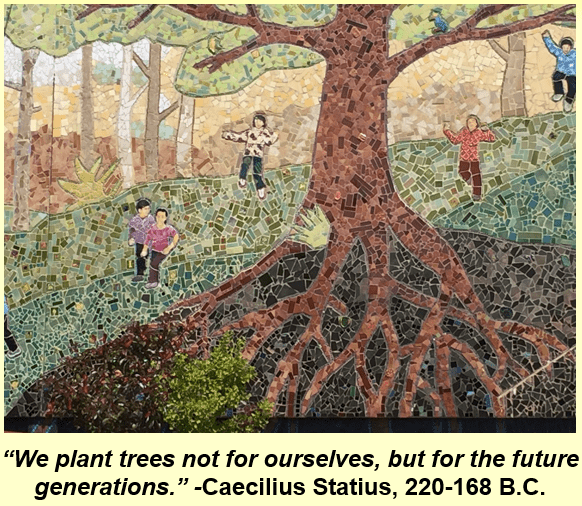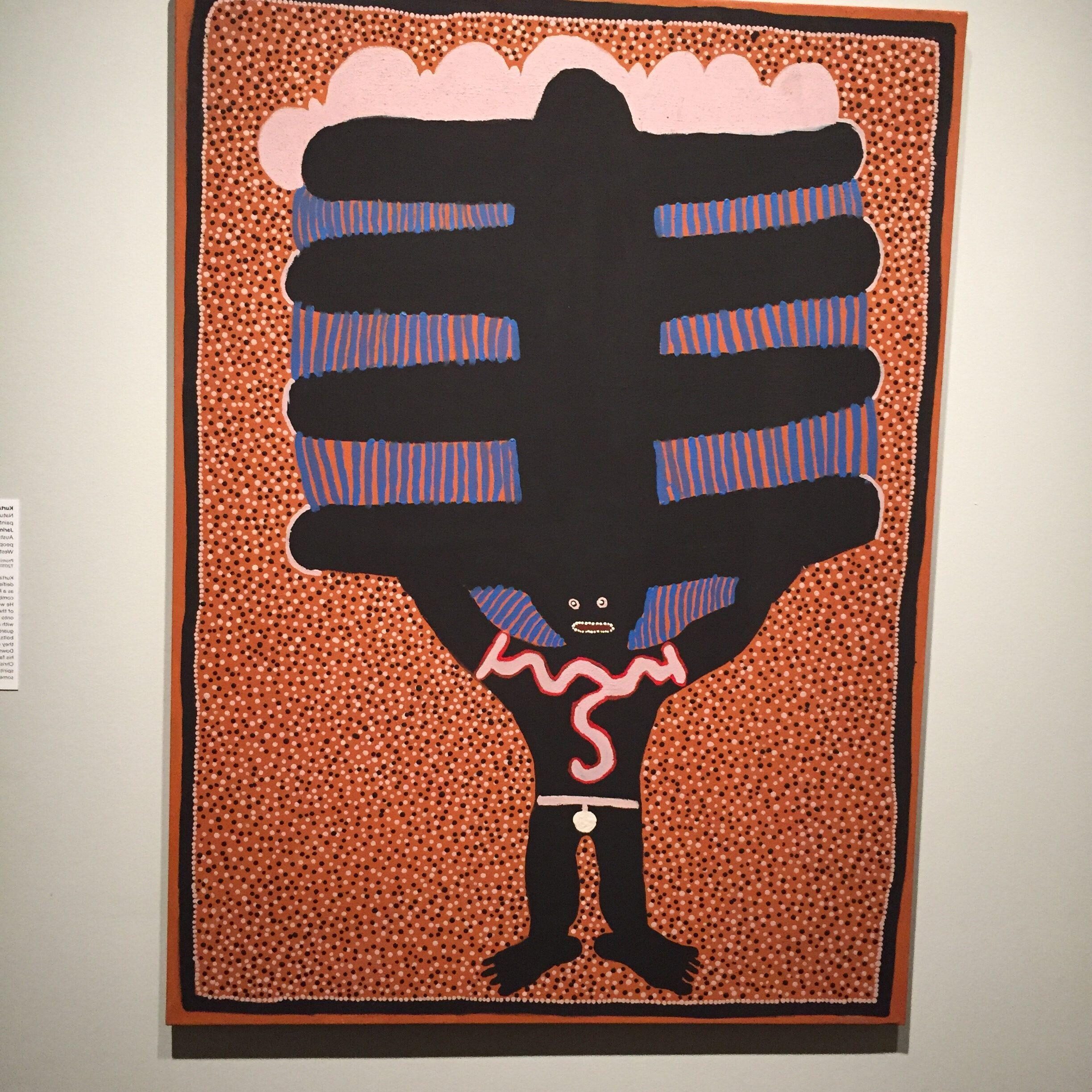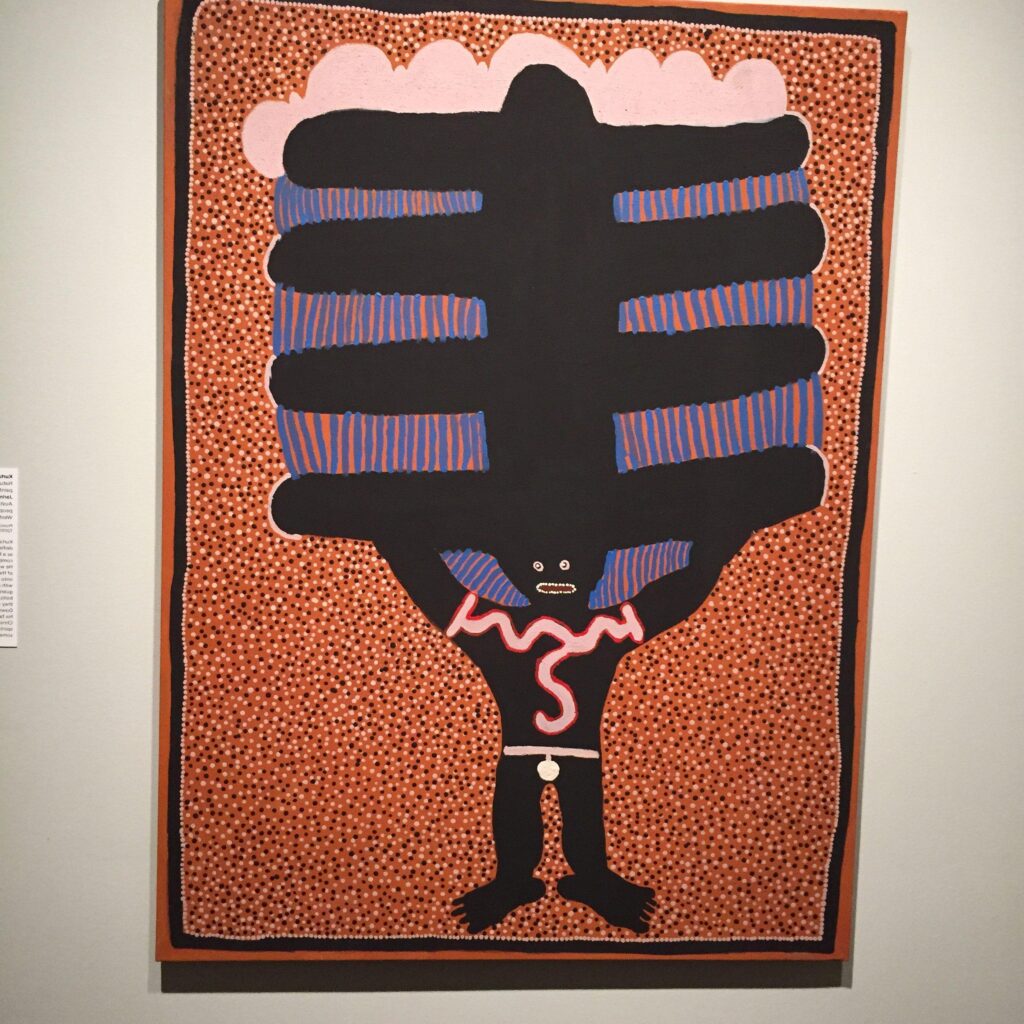Do You Assume Donors Don’t Want to Be Asked?
 Assuming people don’t want to be asked to make a philanthropic gift is one of the biggest misconceptions of what constitutes being donor-centered.
Assuming people don’t want to be asked to make a philanthropic gift is one of the biggest misconceptions of what constitutes being donor-centered.
Or even kind, thoughtful and respectful.
Alas, when you spend all your time on cultivation, assuming folks don’t need a direct ask and will simply give spontaneously as a result of being passively asked, or even outright wooed, everyone loses.
- You short-change your organization.
- You short-change your beneficiaries.
- You, especially, short-change your would-be donors.
Why?
FIRST: Donors want to be asked because they’re starved for the love that comes from voluntary giving and receiving.
Donors have love to give, but don’t always have an object towards which to direct their affection.
SECOND: Donors need to be asked because when they’re not, they don’t know how much you need their help.
Consequently, giving feels a bit like a crap shoot. Empty, not meaningful. Donors want you to honestly tell them when and how and how much to give, so investing their money fills them with confidence it will be appreciated and do the most good.
Don’t make donors guess whether you truly find them worthy of loving you.
Donors are Love-Starved
One of my favorite songs is from the Jefferson Airplane:
When the truth is found to be lies
And all the joy within you dies
Don’t you want somebody to love
Don’t you need somebody to love
Wouldn’t you love somebody to love
You better find somebody to love
What are you, and all these people, doing with the gift of life?
Sure, everyone is busy, busy, busy.
But is all that busy-ness making folks happy?
Are people stopping to really think about what makes their lives meaningful?
Sometimes, yes.
Often, not so much.
You can help would-be donors stop and smell (and enjoy) the roses, so to speak.





 Shifting politics are creating economic uncertainty for all, and it’s especially scary for U.S. nonprofits who, on average, receive about a third of their total funding from Federal grants. This means nonprofits today need to shift emphasis (and budget) toward individual donor engagement strategies. Giving USA reports
Shifting politics are creating economic uncertainty for all, and it’s especially scary for U.S. nonprofits who, on average, receive about a third of their total funding from Federal grants. This means nonprofits today need to shift emphasis (and budget) toward individual donor engagement strategies. Giving USA reports 
 Legacy gifts don’t fall from the sky.
Legacy gifts don’t fall from the sky.
 The major gift journey is a synergistic one. You see, it’s both your journey and your donor’s journey.
The major gift journey is a synergistic one. You see, it’s both your journey and your donor’s journey.
 When you’re not aware you’re making a mistake, it’s hard to avoid it.
When you’re not aware you’re making a mistake, it’s hard to avoid it.
 Today I want to talk about the heart of successful major gift fundraising.
Today I want to talk about the heart of successful major gift fundraising.
